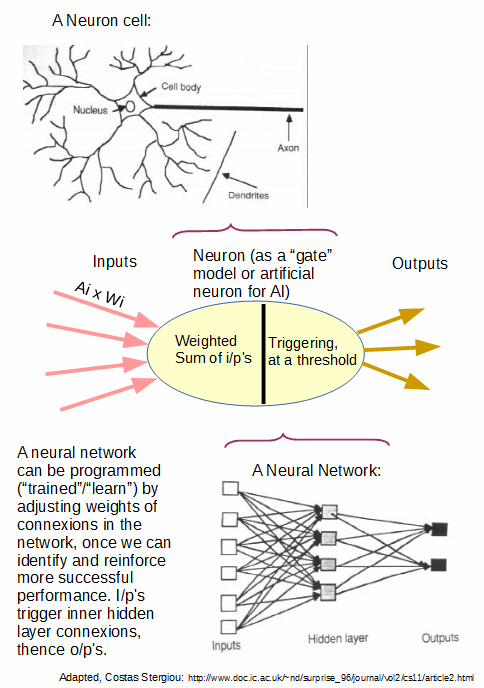A food-for-thought lecture:
[youtube U5baL9oh430]
Thoughts? END
PS: Kindly note this (and the discussion in the original post here with onward discussion and video here) on the problem of neural networks, computation vs contemplation and trying to get North by heading West:
